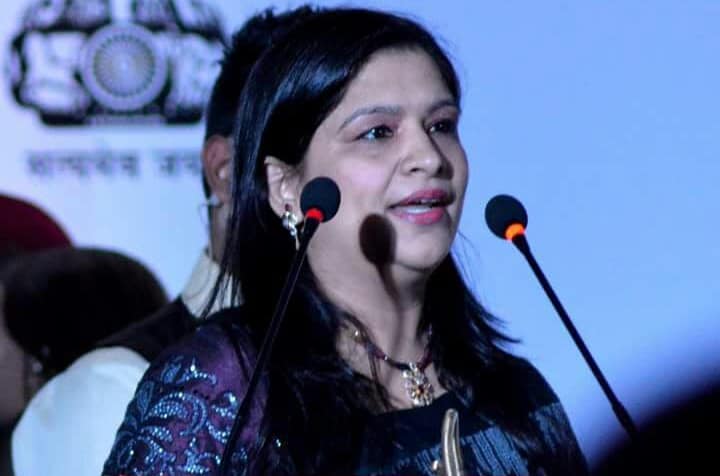New Delhi: Highlighting the issues of Advanced Maternal Age and Misuse of Art an awareness program initiated by Dr. Jyoti Bali (Babysoon Fertility & IVF Centre), she said AMA is a social and clinical issue. The proportion of women delaying childbearing until the late 3rd, 4th and 5th decade of life has greatly increased, in Urban as well as Rural Societies.

Dr. Jyoti Bali is Medical Director of Babysoon Fertility & IVF Centre and Secretary, Delhi Chapter ISAR & Delhi Gynaecology Forum and Joint Secretary-National Women Wing, Indian Medical Association, highlighting the fact said that it’s a common misleading belief that IVF can compensate for the natural decline in infertility with aging.
The misperception is due to both a lack of knowledge and its growing popularity. This trend is challenging for fertility specialists also who are witnessing an increase in the number of women seeking a pregnancy who are older than 35 years.
Specifically, the chance of producing a chromosomally-normal blastocyst in the women of more than 40 years of age is lower than the younger group. This can be attributed, on the one hand to the gradual depletion of the ovarian reserve (quantity and quality of oocyte /eggs ) both decline and on the other hand to the progressive decrease in oocyte/embryo competence, defined as the ability to produce a live birth.
For IVF at Advanced Maternal Age
Further Dr. Jyoti Bali informed, In Advance Maternal Age, an infertility workup is recommended only after 6 months of regular unprotected intercourse since the impact of time upon couple’s reproductive chances clearly exceeds any other putative cause of infertility.
Then a multi-marker approach to evaluate the ovarian reserve is proposed, which mainly encompasses anti-Mullerian hormone (AMH), antral follicle count (AFC) and basal follicle-stimulating hormone (FSH).
Moreover, many other factors might impact woman reproductive potential, therefore to rule them out some other investigations are recommended, such as thyroid function, coagulation disorders, previous chlamydial infections, tubal patency, and sperm quality.
Challenges- Need to spread awareness
The challenges of Advanced Maternal Age include possible gestational complication, such as hypertension, diabetes, preeclampsia, placental abruption, intrauterine growth restriction, placenta previa, low birth-weight, pre-term delivery, fetal deaths, and a higher incidence of obstetrical conditions: a glance upon pre-conception counseling is the very first step for a physician to counteract myths.
However, with donor eggs, the IVF can be successful at an advanced age as the age of eggs is important than the age of the uterus. As ART specialists we should restrict ourselves in misusing the current ART procedures. It is a deplorable omission of ethics, morality, and exploitation of the Assisted Reproductive Technologies.
We can get older women pregnant with the help of Donor eggs but it will be a breach of ethics, morality and social responsibility as it may risk the lives of patients, offsprings and create orphans in our society as their parents will not live longer to settle their children. So it is advisable that the application of ART procedures should be limited to women aged up to 5o years.
Oocyte & Cryopreservation is an effective solution
Cryopreservation of the eggs is an effective solution to avoid advanced maternal age complications. Cryopreservation of eggs is now well established, amongst the modern ART facilities available. In case women not getting the right partner or plan to defer marriage for any other reason (which may include career goals, education and more) can go for Oocyte Freezing through Cryopreservation which is a safe option as it is a sort of woman’s biological insurance against aging.
When in the future you decide to get pregnant, the eggs are thawed, fertilized in-vitro and transferred back into the uterus. So, it is best advisable to go for cryopreservation before the age of 35 years.




